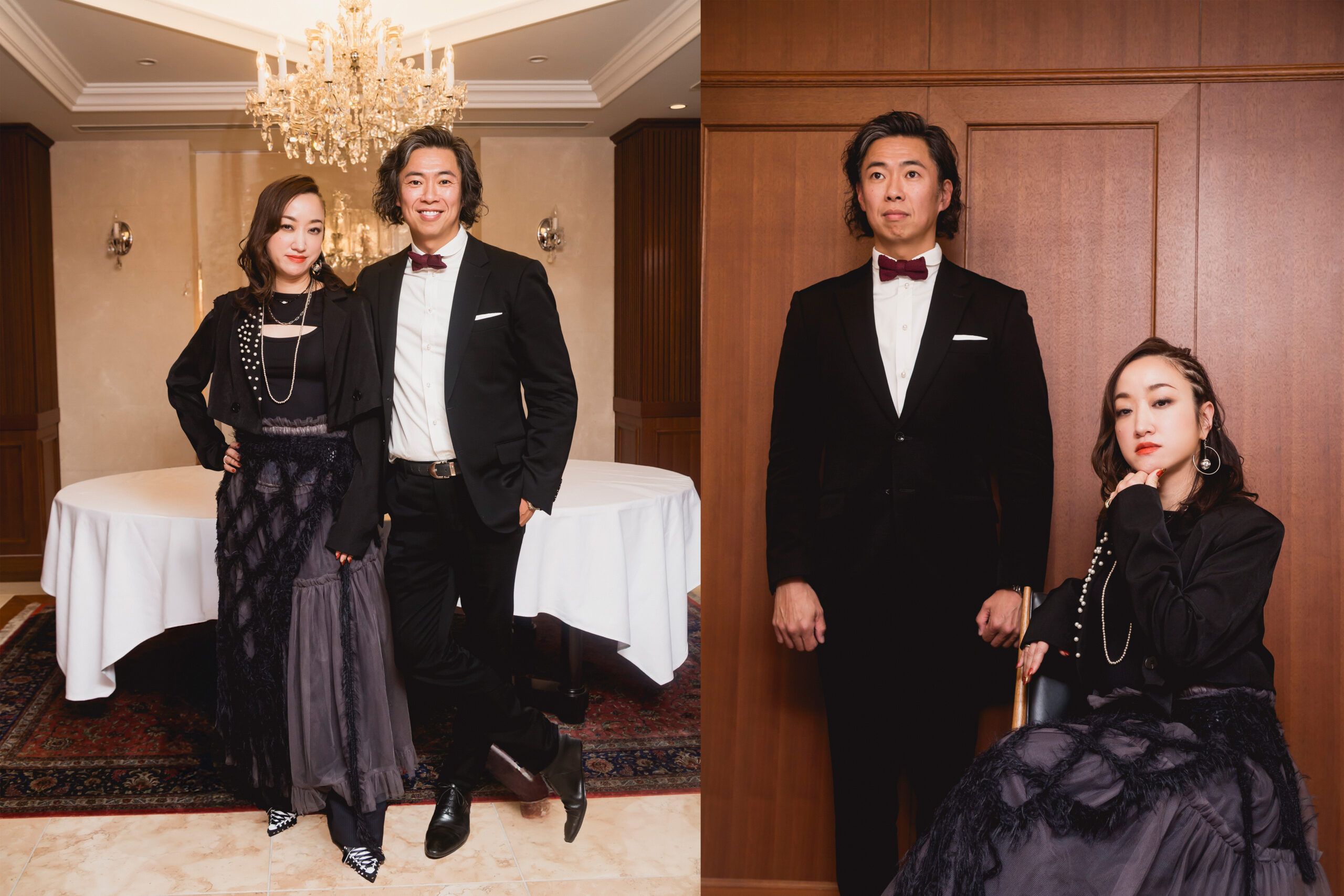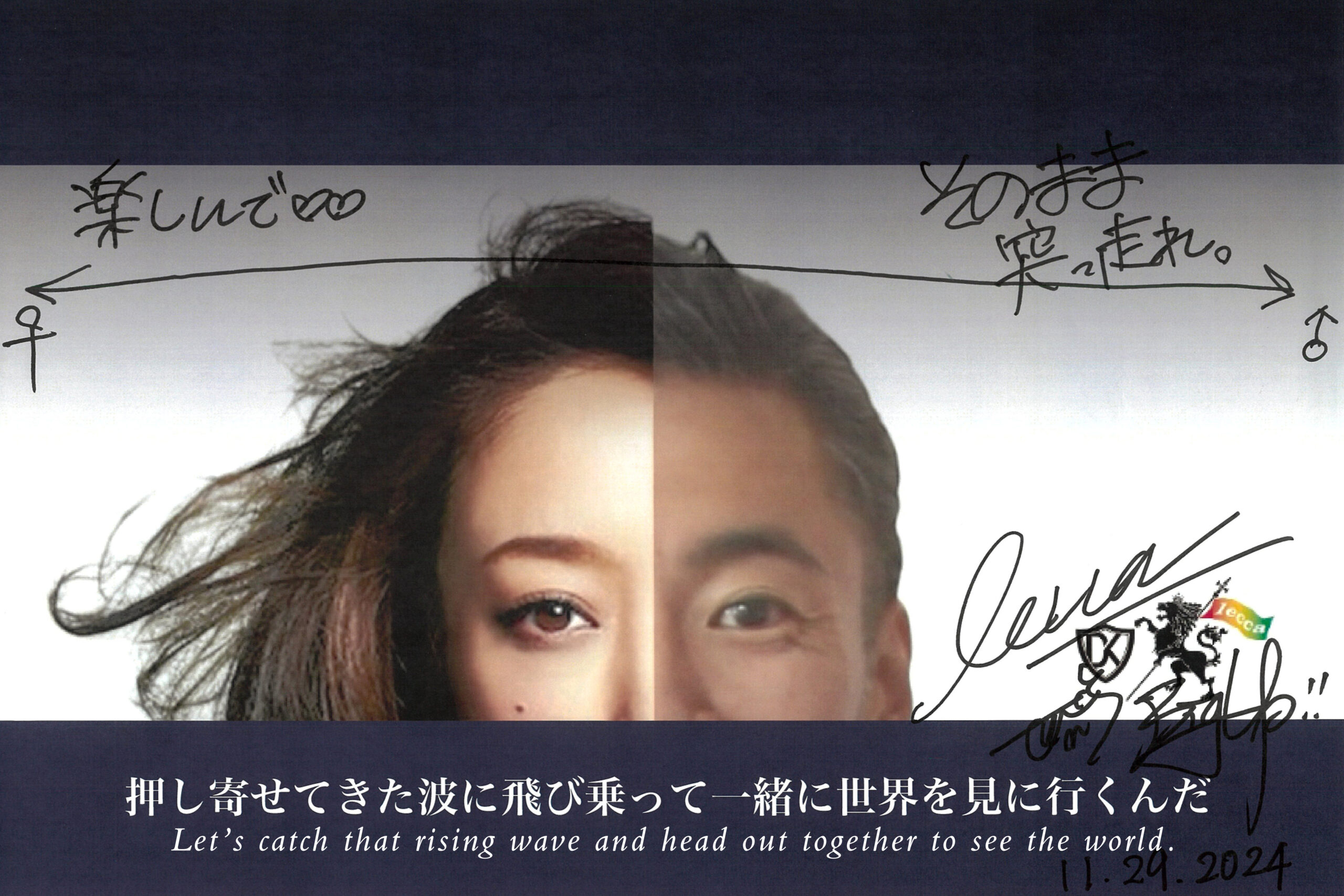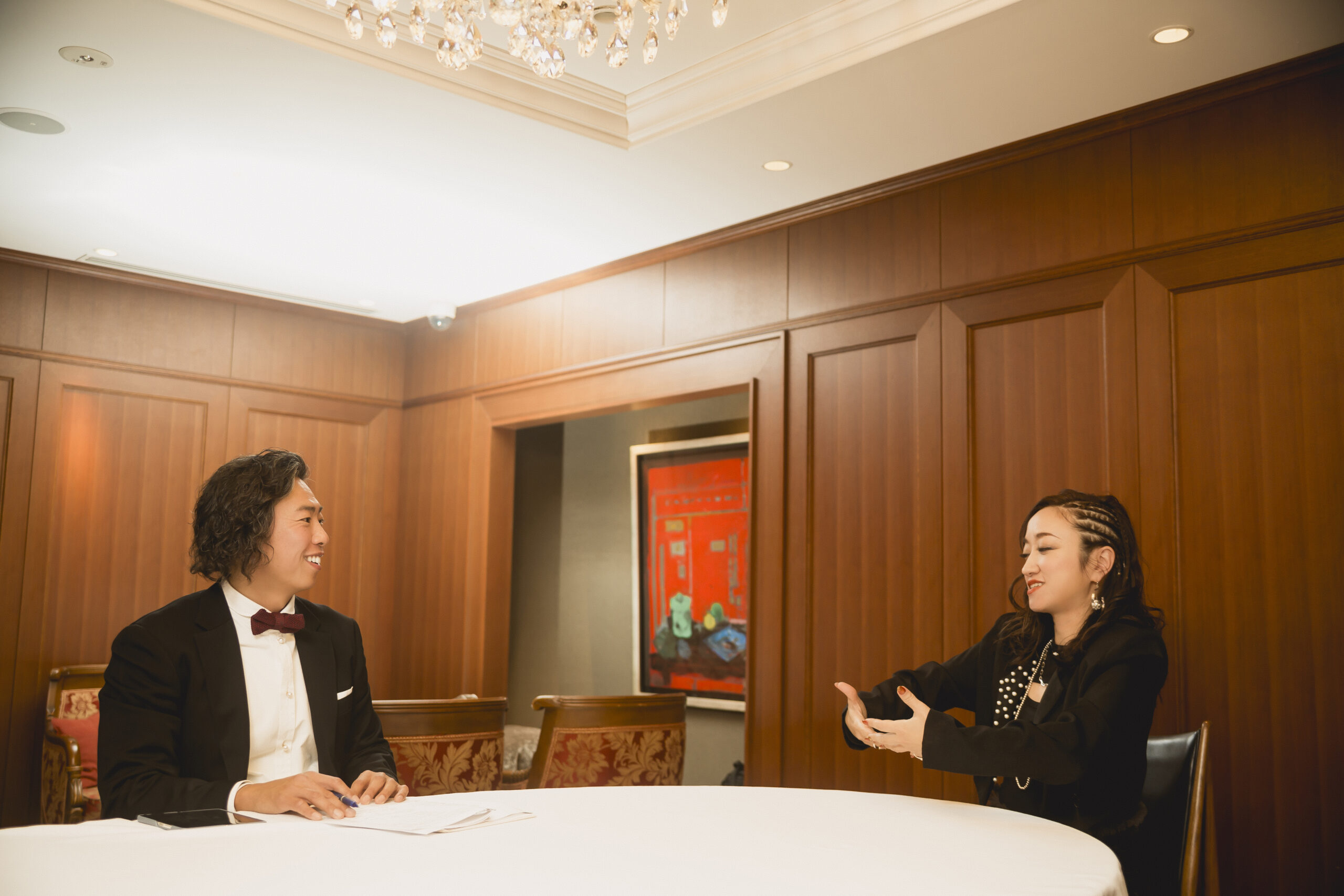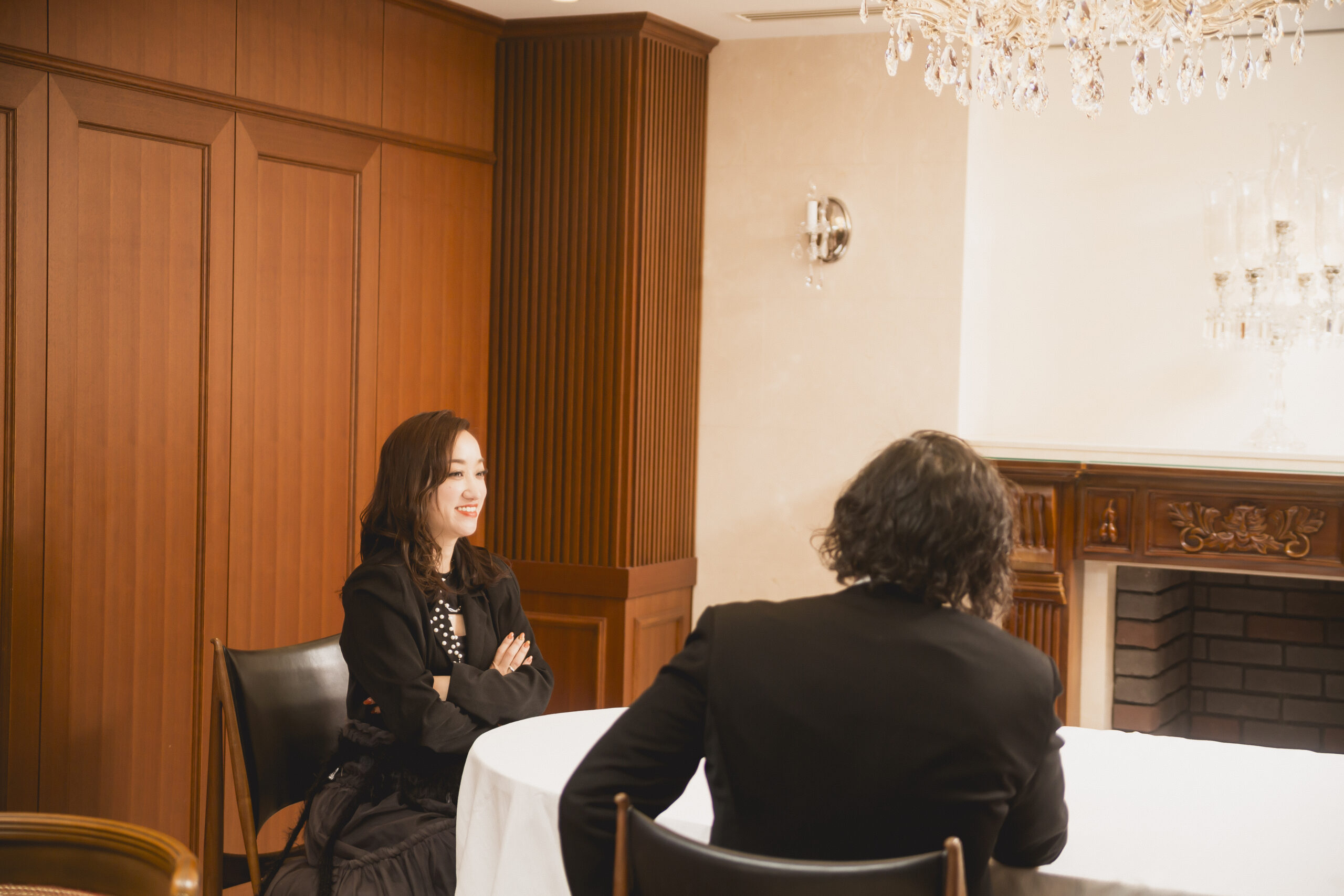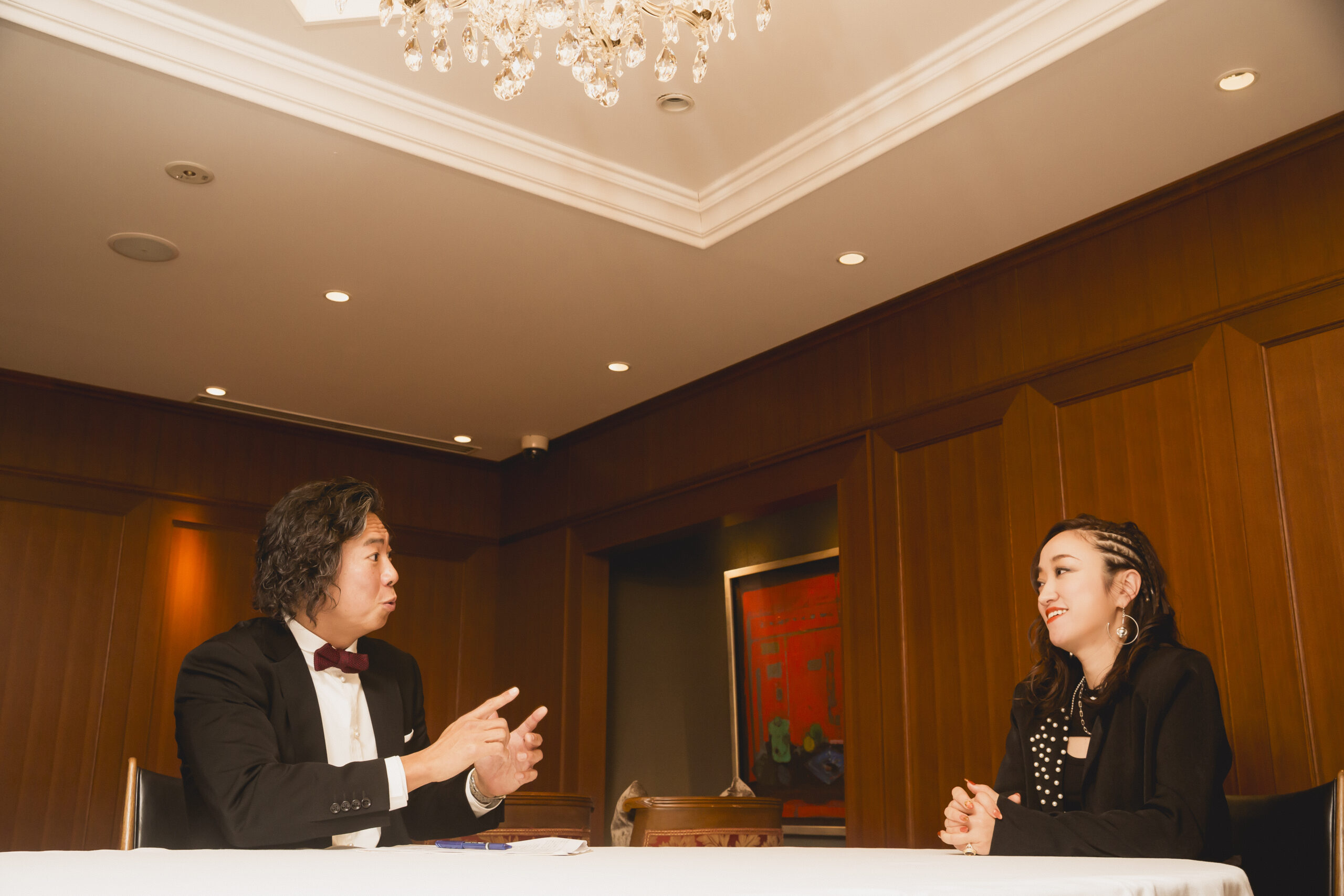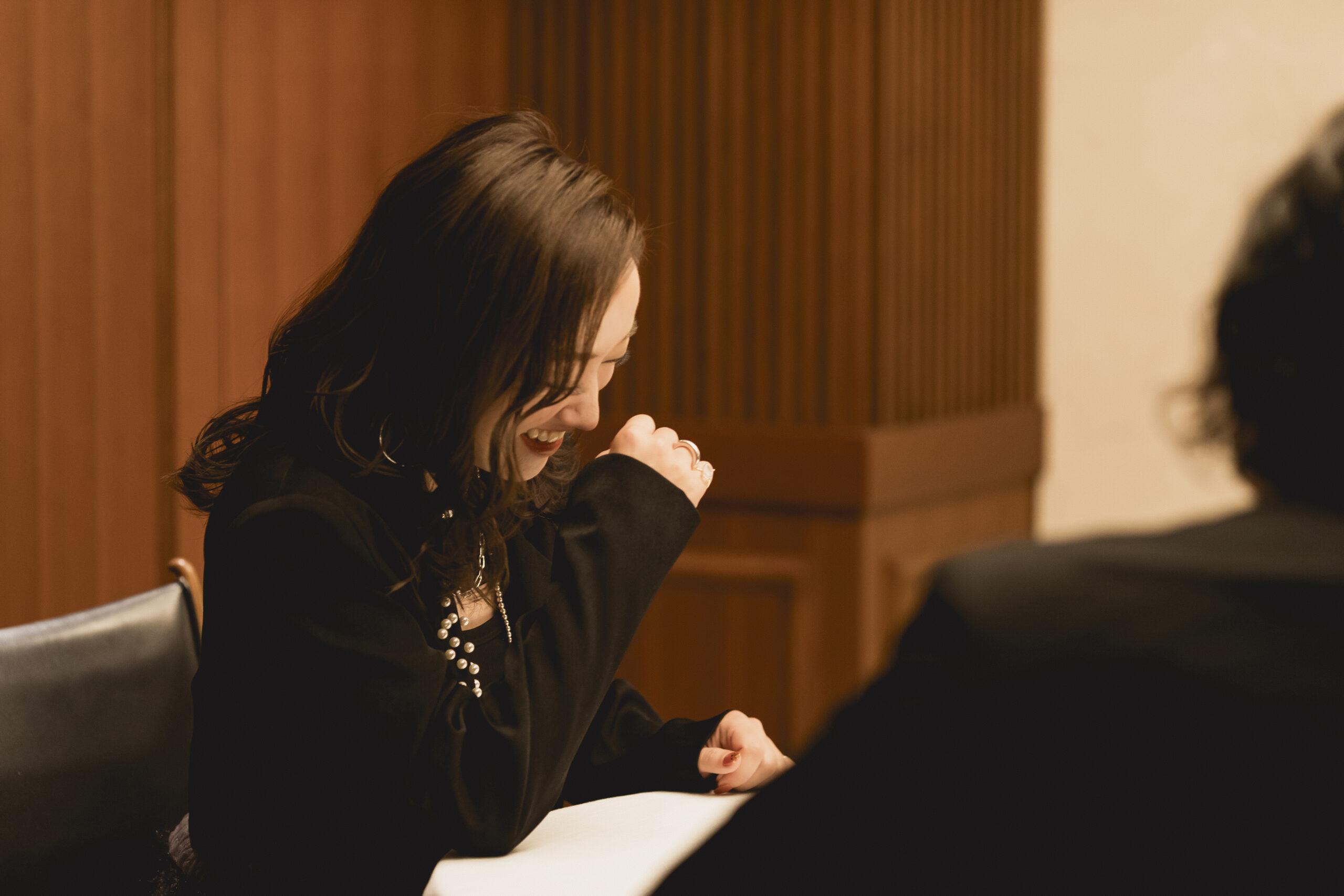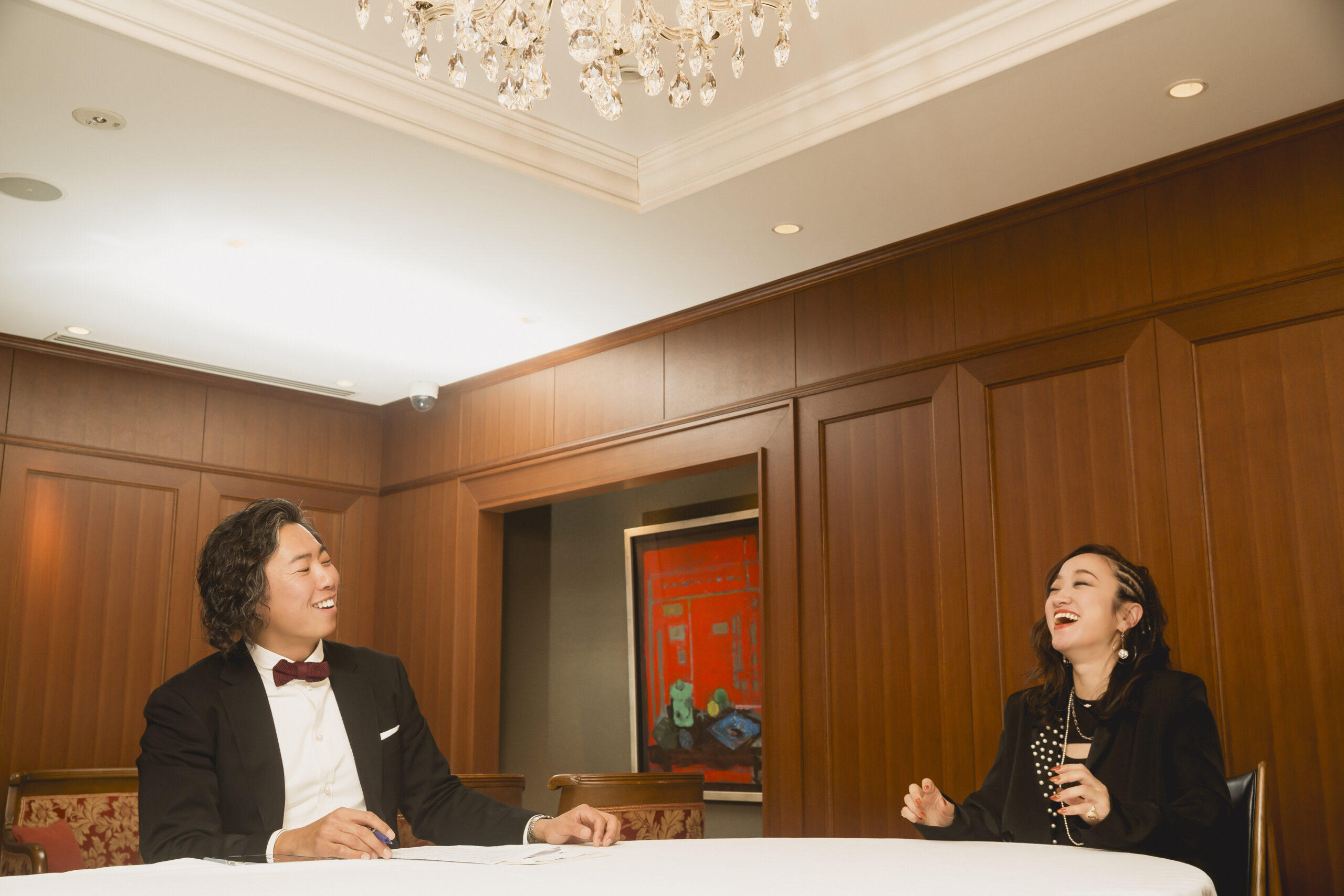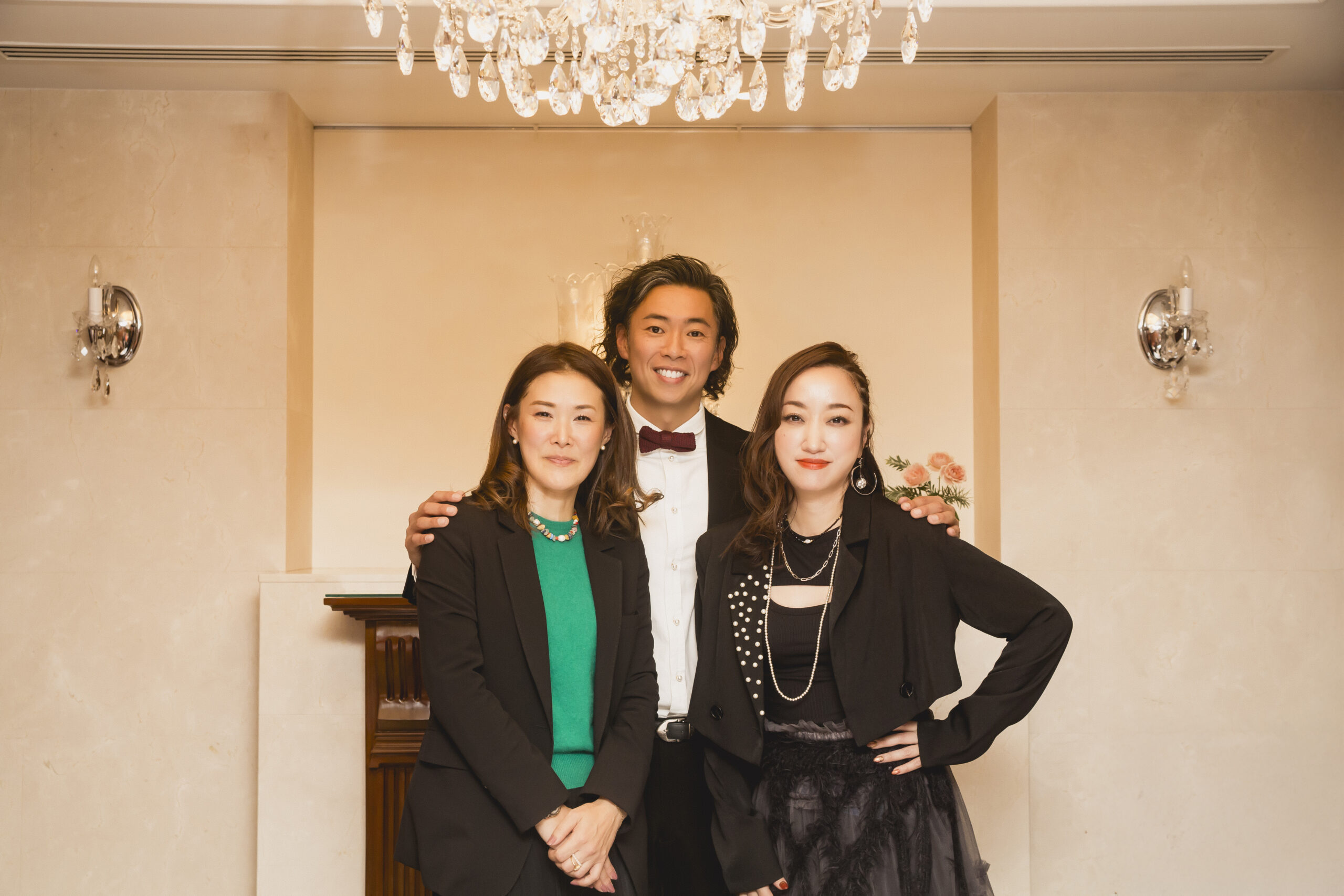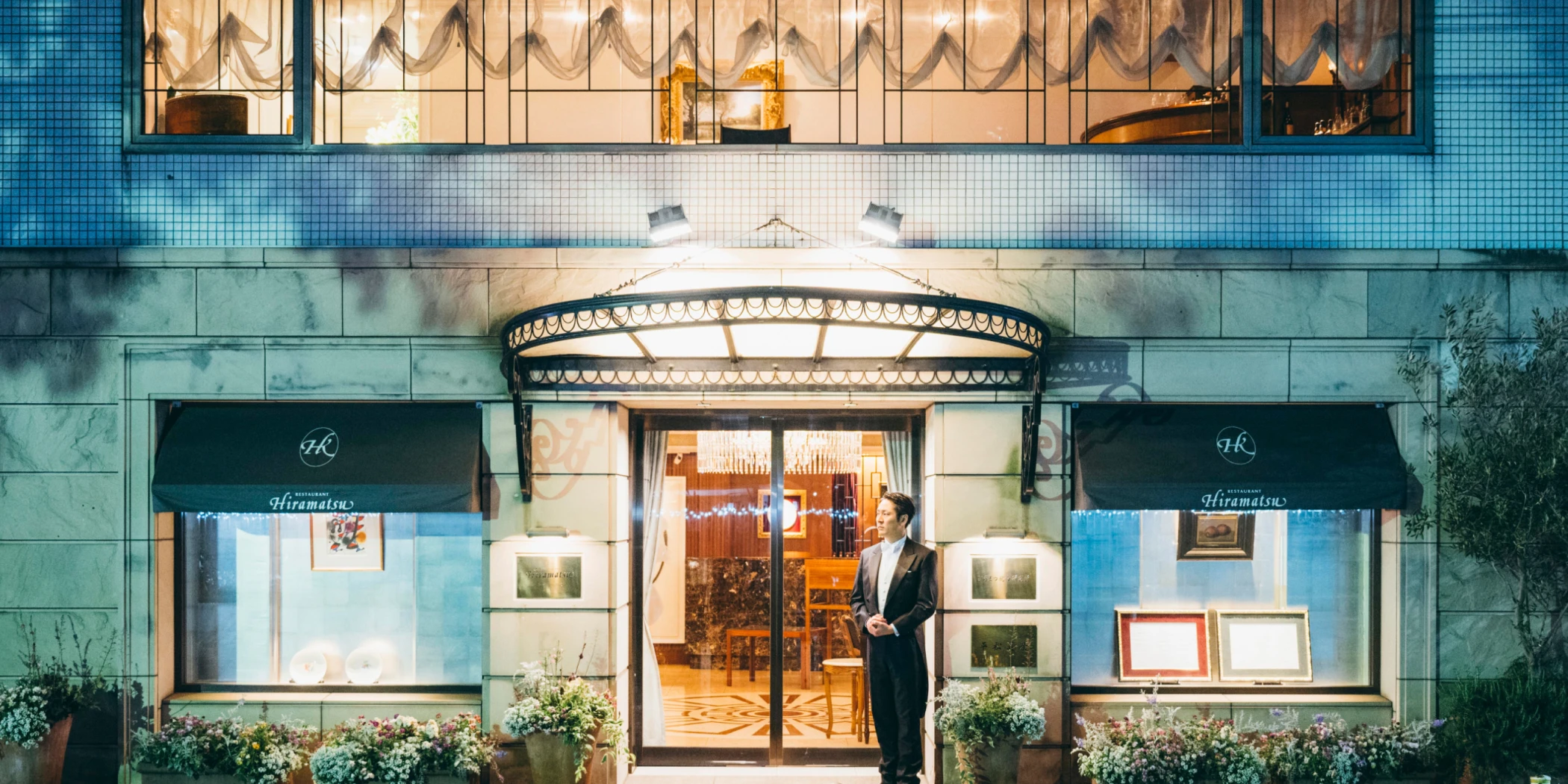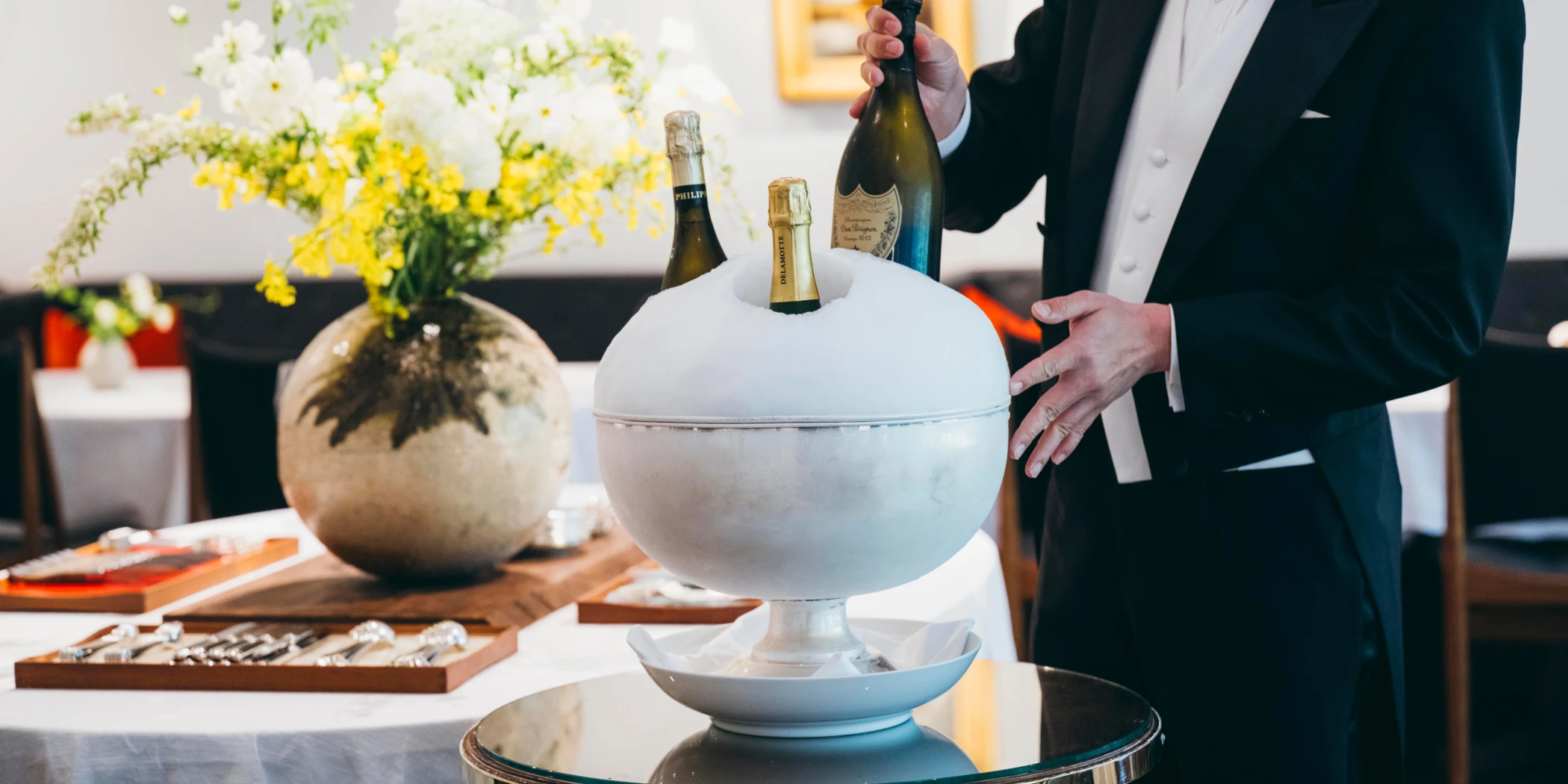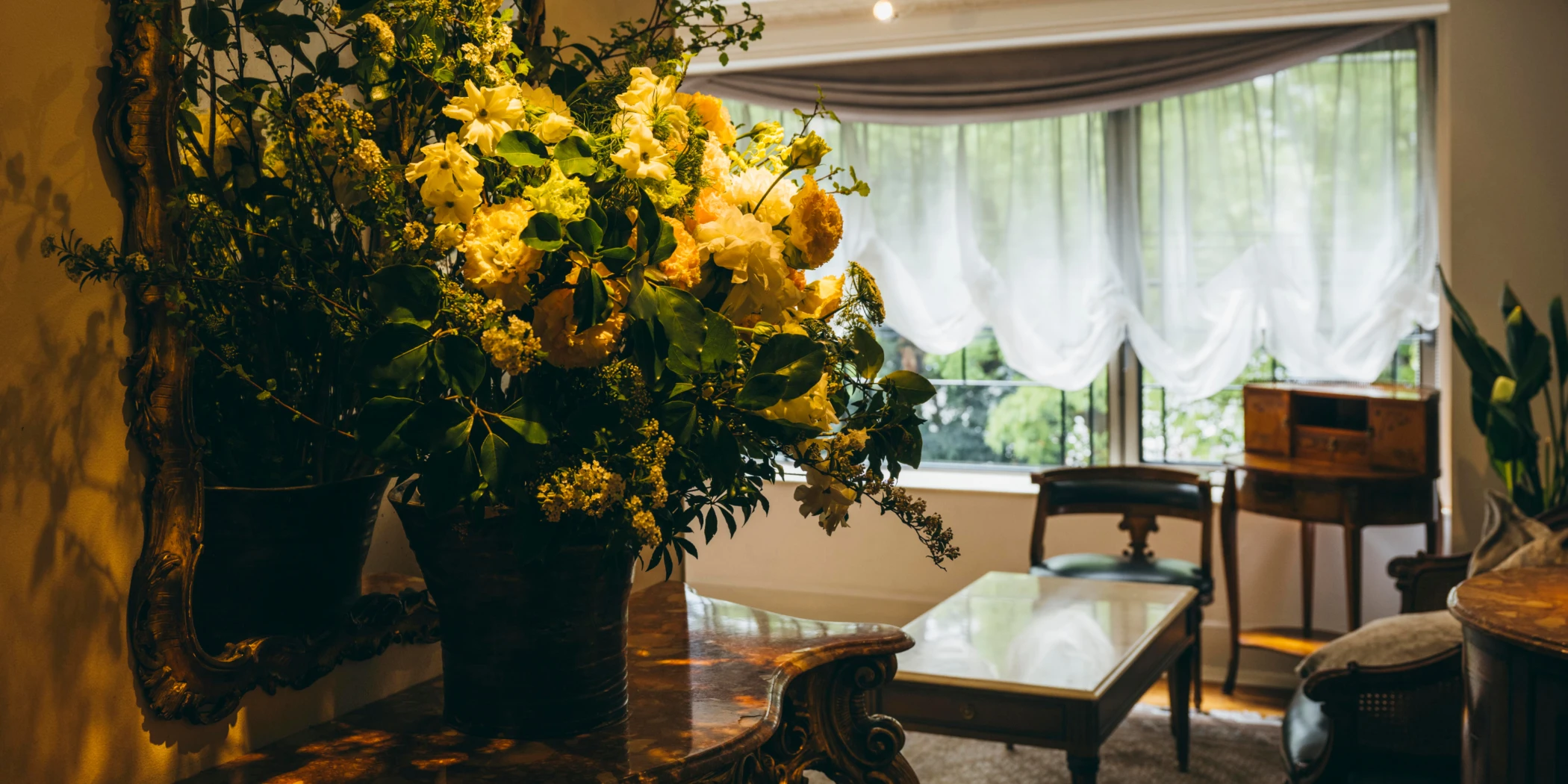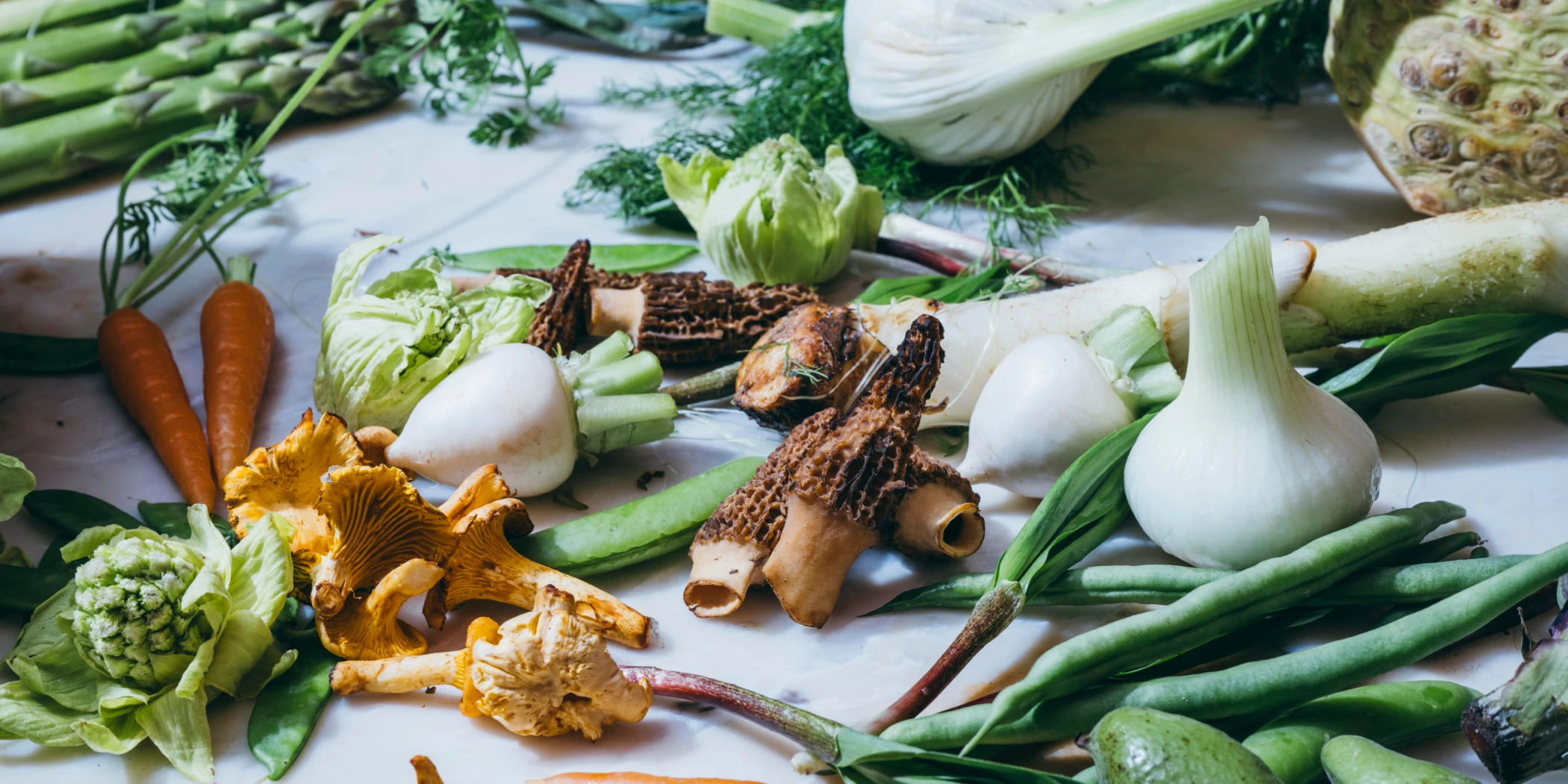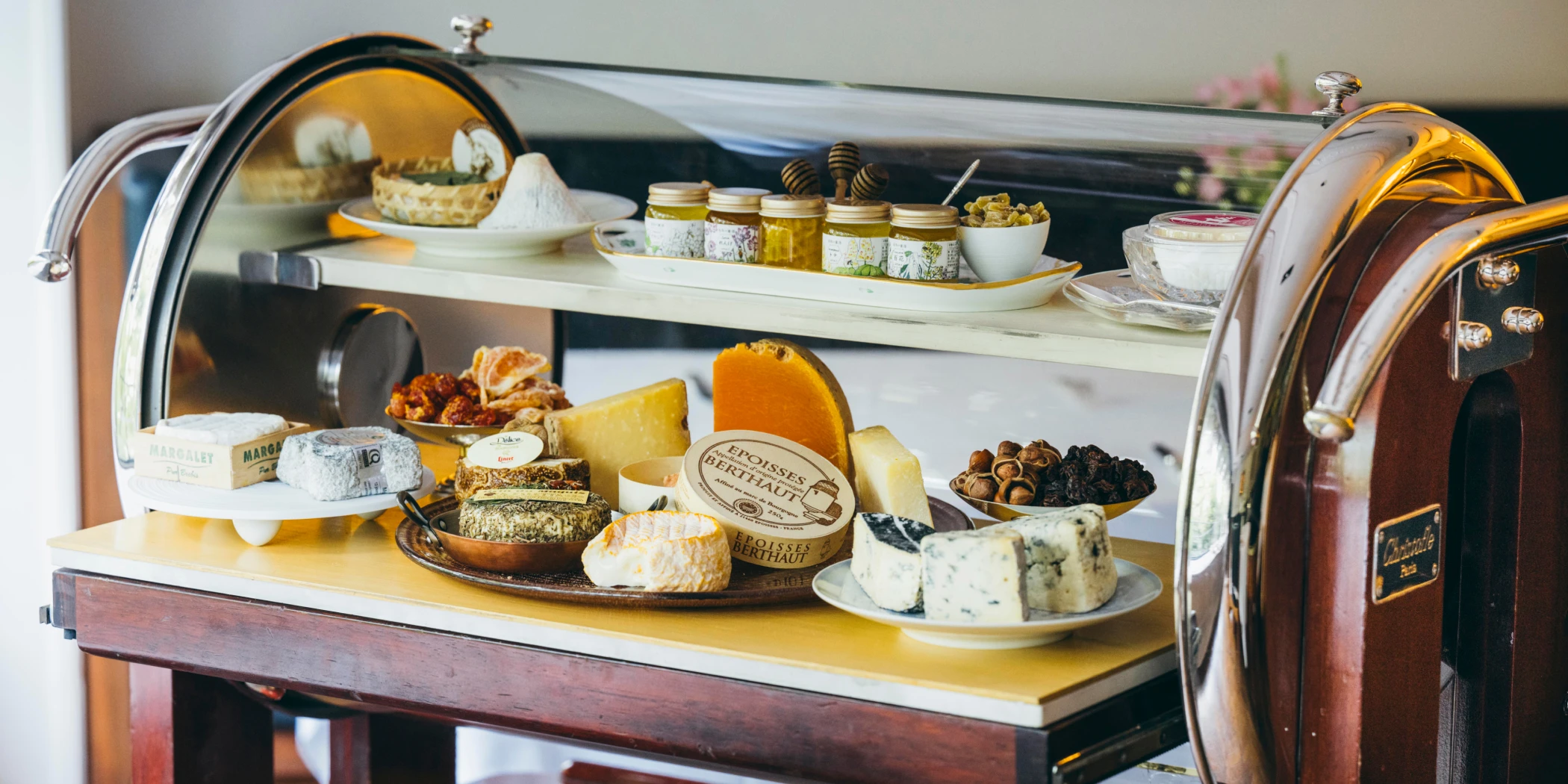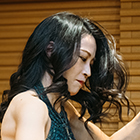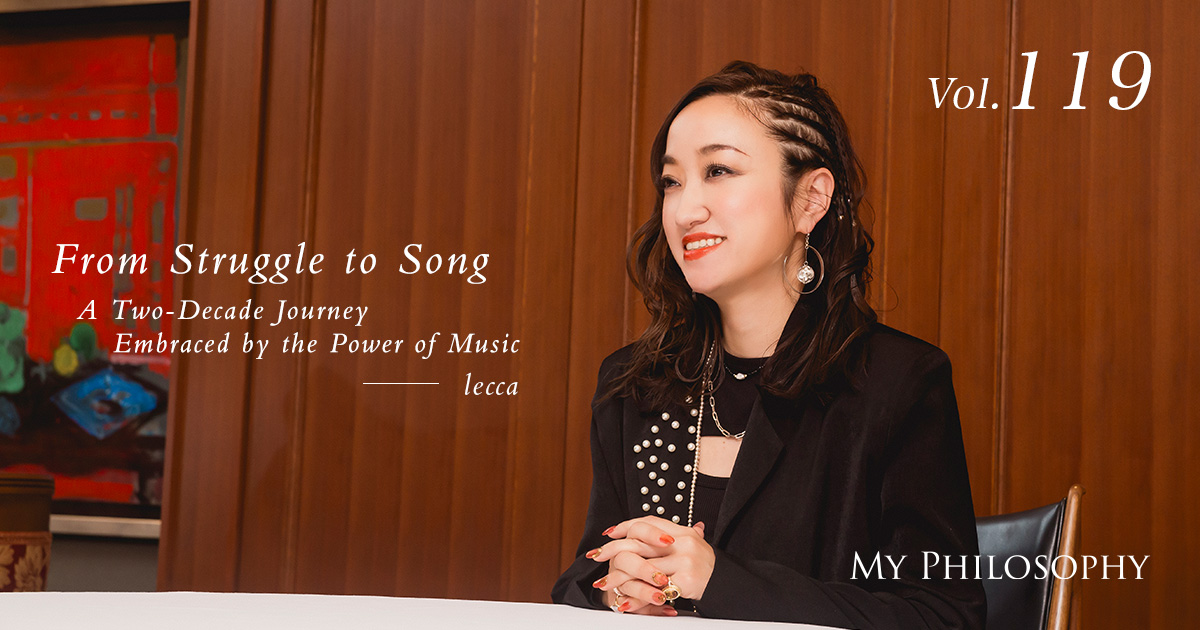
Singer-songwriter lecca, who will celebrate the 20th anniversary of her major-label debut in 2026, has consistently produced hits and successfully performed at the Nippon Budokan. She also has experience serving as a member of the Tokyo Metropolitan Assembly. Through her music, she has conveyed her personal struggles and inner conflicts, touching the hearts of many listeners.
Positioning 2025 as “a year to challenge herself,” lecca looks back on her 20-year journey and speaks about her approach to music and her vision for the future.
Profile
Vol.119 lecca
Singer-Songwriter
In 2005, she made her indie debut with her first album, “Rekka.” In 2006, she made her major-label debut with the mini-album “Dreamer.” Her 2009 track “For You” topped the annual charts and became a massive hit, exceeding 800,000 downloads in total. Following the release of her fourth album, “BIG POPPER,” that same year, she embarked on her first nationwide solo tour. In 2012, she performed successfully at the Nippon Budokan. After serving as a Tokyo Metropolitan Assembly member for four years beginning in 2017, she resumed her music career in 2022. In February 2024, she is set to release “LIBERTY ERA,” her first new album in about seven years. Although reggae forms the base of her sound, she has continuously garnered support for her genre-defying style.
In February 2025, she will hold “lecca Billboard Live 2025” in Osaka and Yokohama.
Starting in May of the same year, she will launch the “lecca Road to 20th Anniversary Live Tour Dancehall side” across six cities.
lecca official website - Avex
New album “LIBERTY ERA” out on February 28, 2024!
“lecca Road to 20th Anniversary Live Tour Dancehall side” officially announced!
Let’s Go for It — Failures and All
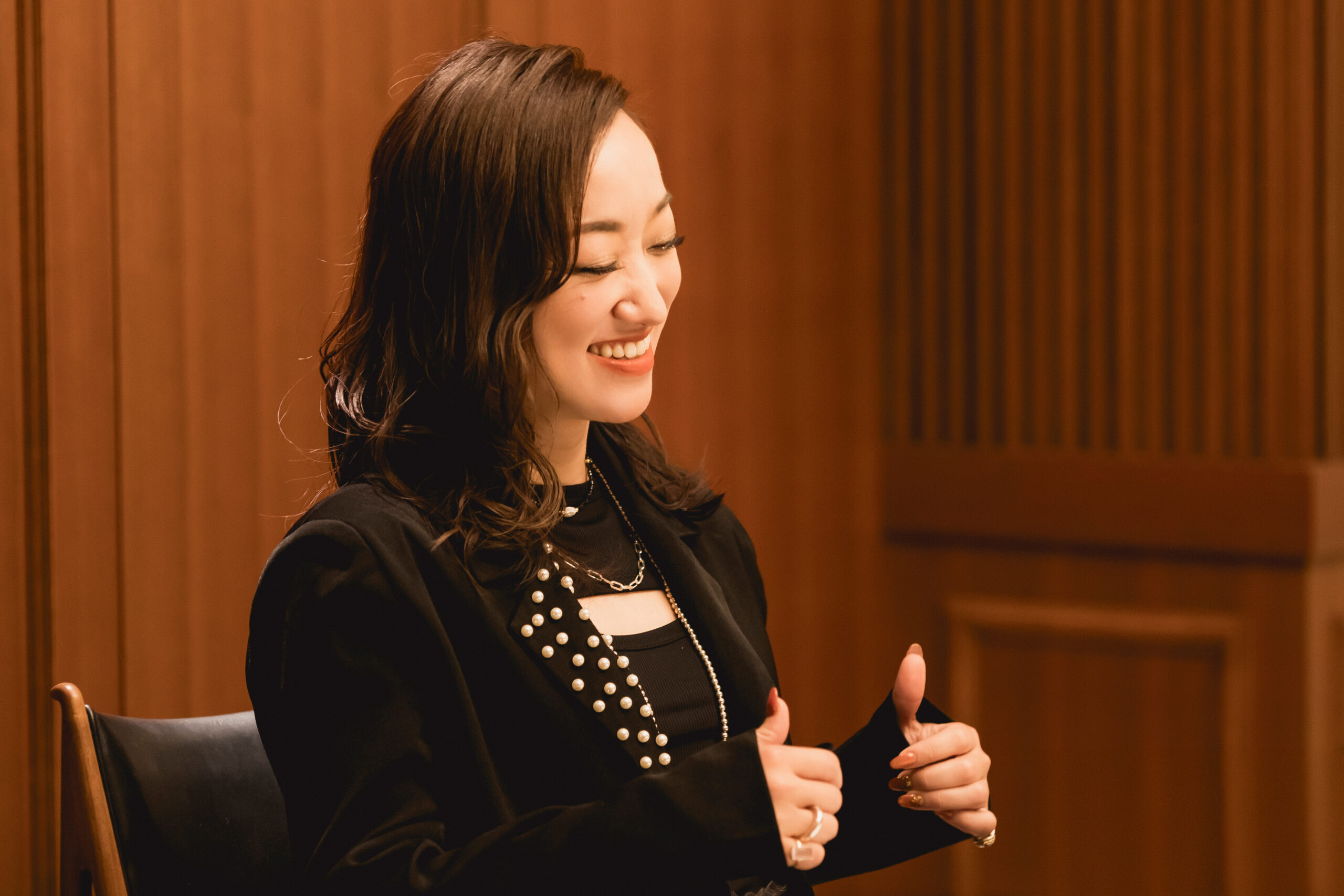
Looking back over these past 20 years, I see nothing but mistakes and failures. But without them, I wouldn’t be who I am today. From others’ perspectives, they might say, “Couldn’t you have tried harder?” or “Couldn’t you have aimed higher?” But from my own viewpoint, I think I’ve done pretty well.
When my child was born, my life changed 180 degrees. My hands were completely full with child-rearing and work. Even so, I desperately clung to my music career. Despite all the mistakes and failures, I feel that, in the end, I’ve had the best life I could ask for.
So what’s wrong with failing?
I think, “Let’s fail as much as we can.”
Not everyone lives every single day just to win.
You can fail and then grow from it. Just enjoy the process.
Even if something looks like a failure to others, if the person doing it is having fun and learning something from it, then it’s not a failure. If you genuinely don’t want to go or don’t want to do something, then you don’t have to. But if you truly want to do something yet let fear of failure stop you, that’s a real waste.
For example, my daughter is still quite young, but she says, “When I grow up, I want to be a makeup artist.” One day, she asked me, “What if I told you I wanted to study abroad in England someday?” and I replied, “Why not? You should go!”
There’s no guarantee she’ll become a makeup artist just by going to England, nor is there any guarantee of success. But I think it’s far scarier and more unfortunate not to even try when you have something you really want to do. Even if you fail when you try, if you learn something and that leads to a new development, that’s the best-case scenario. When fear of failure takes over, you stop challenging yourself at all. That’s such a waste, don’t you think? By attempting something, your horizons can expand drastically, and you may discover new dreams you never considered before. It’s truly a waste to shut down those possibilities.
My Rival is “My Younger Self”
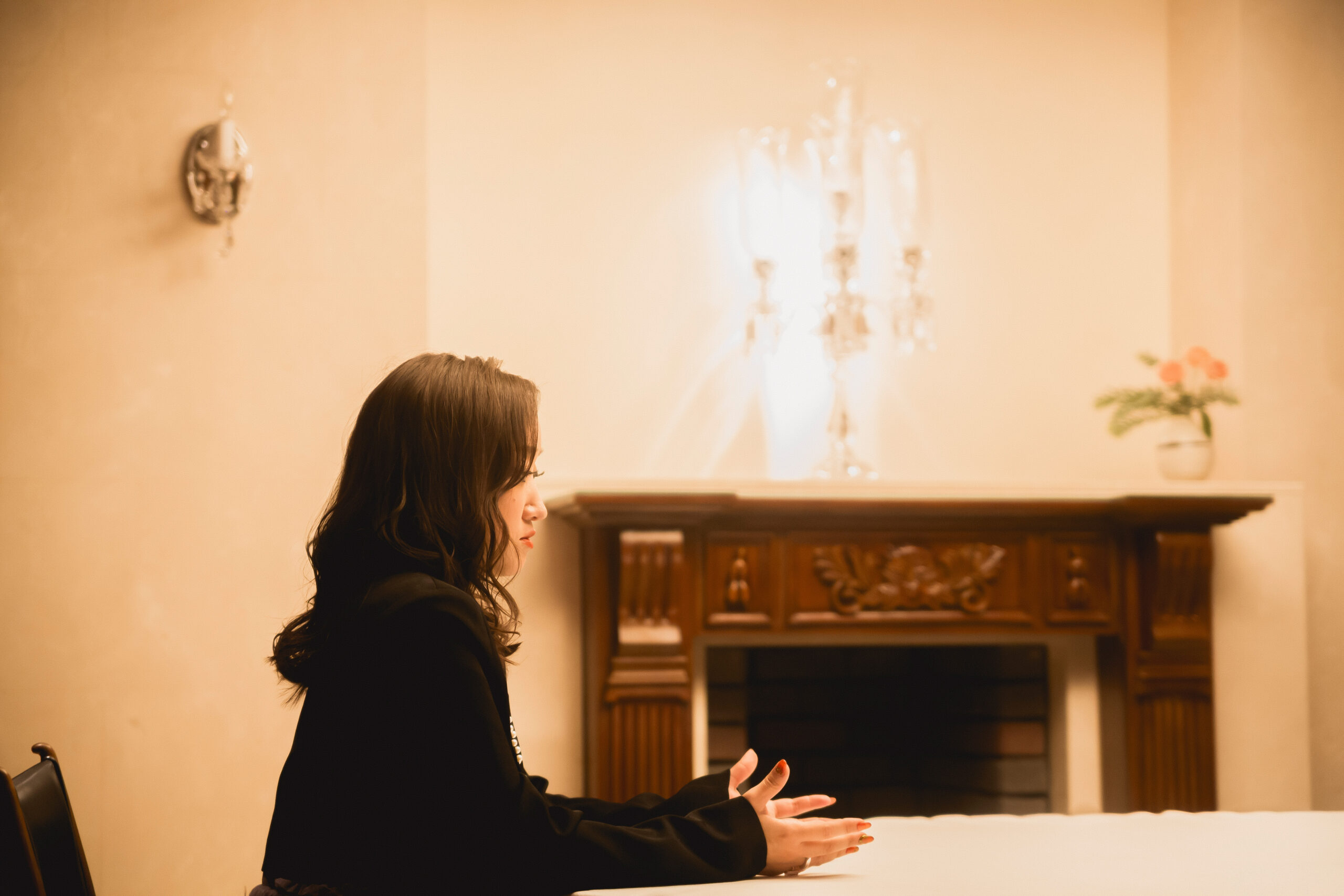
Right now, my rival is “my younger self.” When I look at the songs I made at age 20 or 25, there are plenty of really good ones. But I can’t afford to lose to my former selves. I want to surpass them with the attitude, “I’m taking all of them down!” Passion, excitement, the fervor I had when creating songs—I can’t let that slip, and I don’t intend to lose to it. It’s a battle with myself.
The way I create songs has changed dramatically as well. In my teens, I made the music I personally wanted to hear. My mindset shifted after I released an album called“BIG POPPER”in 2009. As my audience grew, I started receiving lots of letters and gifts. From then on, I toured live shows nationwide every year, meeting many fans. In tandem with that, I found myself in a cycle of creating new albums each year.
From around age 28, I started performing in larger venues, and that was when my audience began popping into my mind whenever I created a song. I naturally found myself thinking, “If I build anticipation with this intro and enter the chorus this way, will everyone sing along?” When I realized this, I thought, “Oh, I’m not making music alone. I’m creating it together with the people who enjoy it with me.” In reality, I’m composing by myself at home, but in my head, everyone is there with me. It’s a feeling I never had in my teens.
Why I Value “Live Performances”
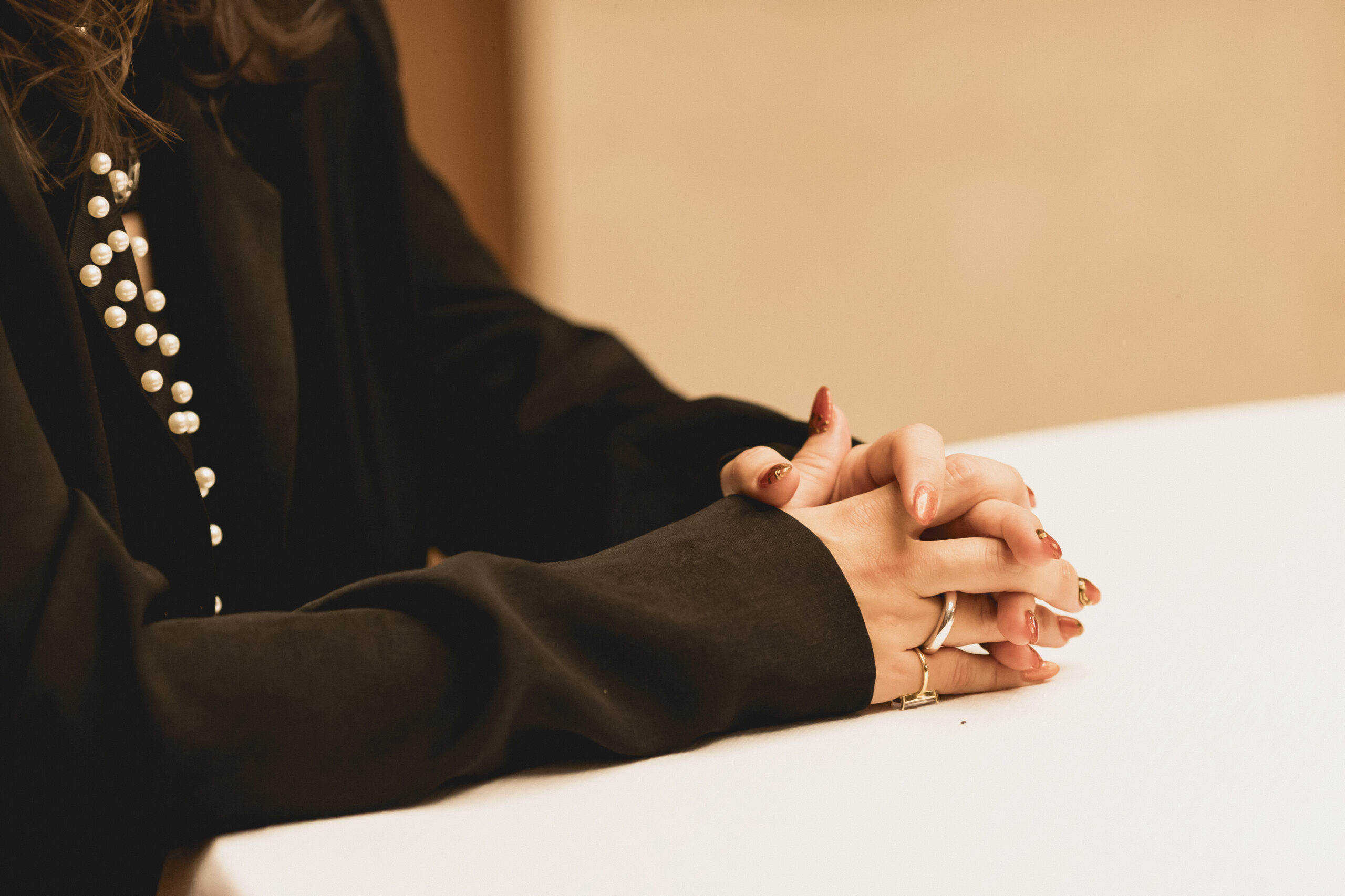
I have two mentors who really helped me, and they both told me the same thing: “Treasure the sound and singing that come from your own body above all else.” They said that although you can’t fake it, it resonates best with the people right in front of you.
My indie-era manager, Mr.Kato, said, “Don’t try to hype the crowd in a forced way. Doing that in front of an audience looks lame and will just leave you out of breath. Instead, focus on singing your songs properly.”
Director,Mr.Yanagi told me two things: “Never lip-sync,” and “Never lower the original key.”
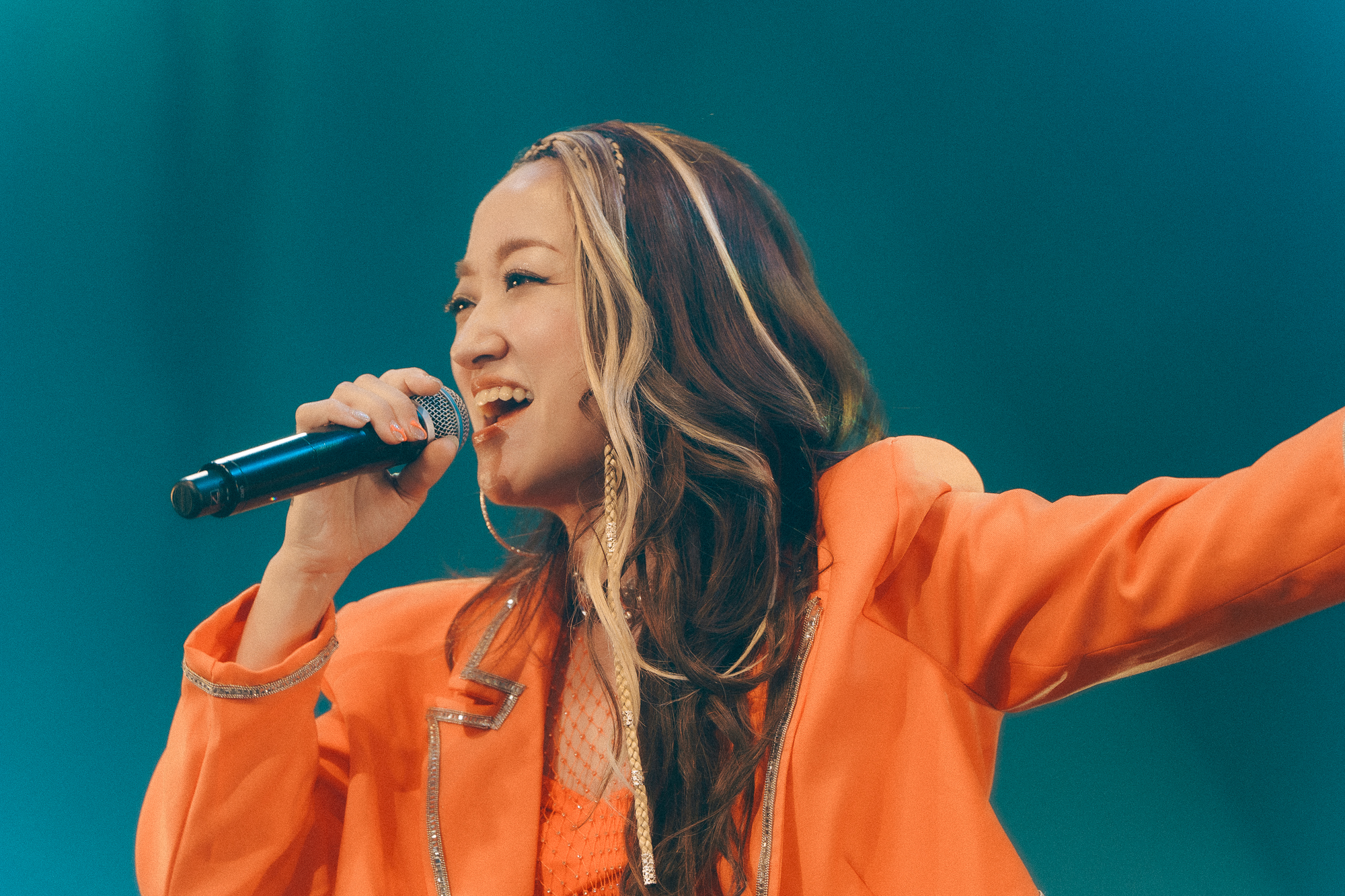
lecca LIVE TOUR 2024 “LIBERTY ERA”
Depending on the stage setup or circumstances, some in the industry may resort to lip-syncing or changing the original key, but I’ve remained steadfast about never doing those things. One major reason Mr.Yanagi decided, “I want to mentor her,” was because I would sing exactly as I did on the demo track.
At that time, Mr.Yanagi was running audition programs and attending various live shows to discover new talent. Even though digital music was already booming back then, it seemed there weren’t many performers who could sing live exactly as on the recording. Amid all that, he happened to drop by one of my shows, heard me singing exactly the same way I did on the demo, and thought, “This is amazing—who is she? I want to develop her potential!” And that artist was me.
Nowadays, AI technology is rapidly advancing; with it, you can load your own songs, register your own voice, and instantly create something similar. But AI doesn’t understand “emotion.” I believe that’s AI’s greatest weakness. I once asked ChatGPT, “Do you understand what it means to be sad?” It replied, “No, I do not. We don’t comprehend emotions like that; we can only somewhat imagine them.”
I’ve spent a lot of time wrestling with my own conflicts, figuring out how to turn my pain into something positive. That journey itself is what I turn into my songs and my singing. That’s my one unique strength. While AI may be able to “copy” my songs, it can’t create the songs I’m going to compose tomorrow. So, both now and in the future, I want to keep valuing emotion, and above all, live performances where I can share those feelings with others.
Music as a “Third Place”
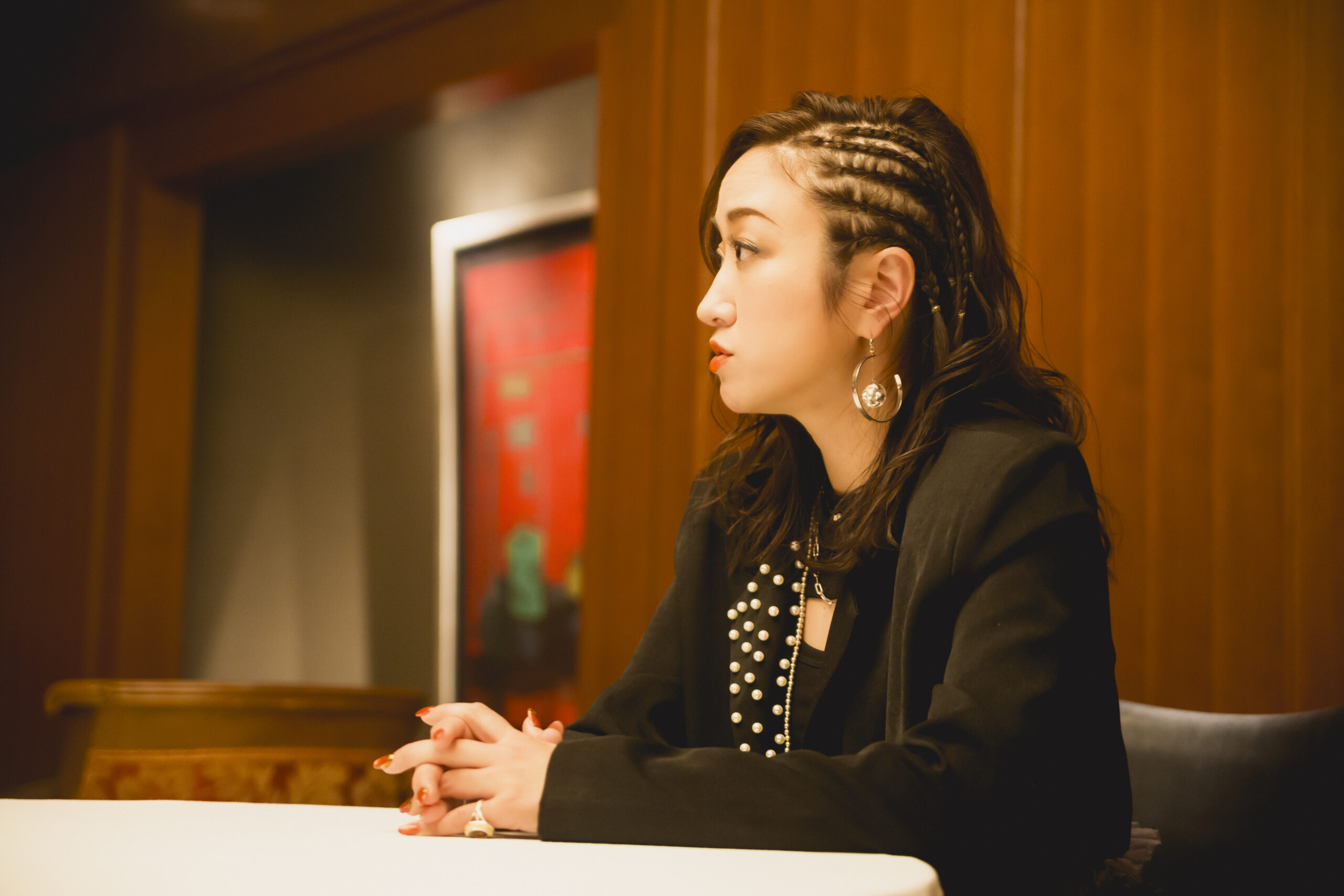
Many of the people who listen to my music, I feel, are like me—often discouraged and easily hurt.
Some of the letters and messages I receive touch on life-or-death matters. For instance, someone once wrote, “I was actually planning to end my life, but because your lyrics in that particular song spoke to me, I decided to keep living.”
I always feel as though I’m in conversation with them, constantly wondering, “If they ever face the same situation again, what words can I offer to support them?”
I believe music has the power to energize people.
I myself get power from music. Every day, between raising my child and working, I’m honestly exhausted and often feel like “I can’t do anything anymore!” My energy is frequently running on fumes. But when I listen to music, I mysteriously regain my strength. Nowadays, more and more people look for a “third place” outside of work and home, but for me, music is that third place. Strictly speaking, since I don’t have a conventional “company,” my leisure and fun activities, hobbies, and music are all intertwined in a single “space.” So it’s not exactly a “third” place, but it brings me so much joy. I can try new things, take on challenges, feel liberated—there’s nothing but fun there.
This Year, I’m Challenging Myself
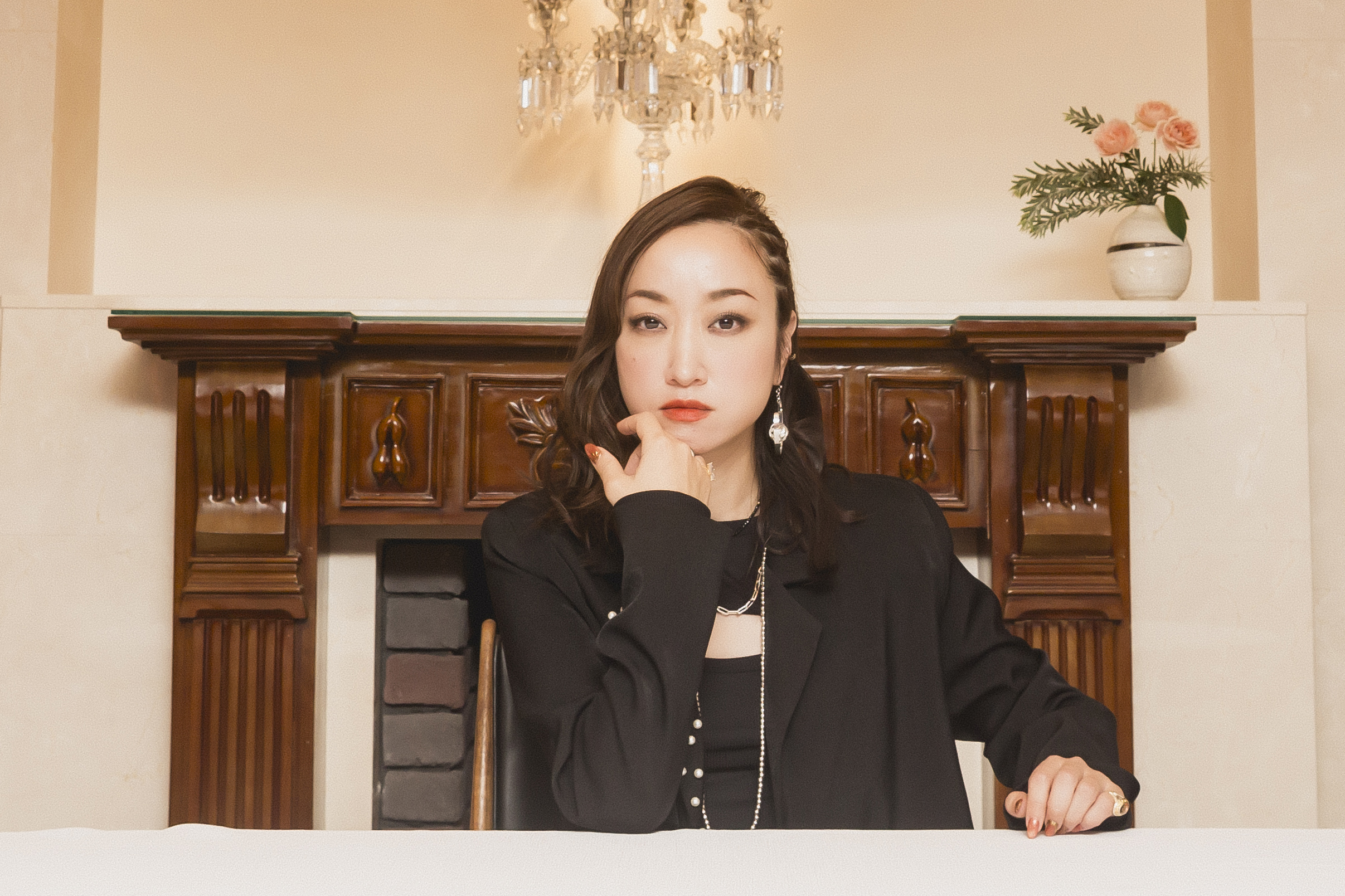
When I think about when I’ll hit my peak in life, I hope it’s right now. But if possible, I’d like to peak around age 65 or 70. The poet Shuntaro Tanikawa wrote not only remarkable poems in his youth, but also left behind incredible words toward the end of his life. I believe that’s because he went through a variety of experiences and saw so many things. As someone who creates works in the form of songs, I aspire to that as well. Last year, I released an album called “LIBERTY ERA,” my first in about seven years, and I think it contains songs that stand up even against my past self.
However, I still have much further to go.
Last year, my goal was “to keep myself going,” but this year, I’ve done a total 180 and decided to make it a year of pushing myself. For example, if there’s a flat path or an uphill slope to reach my destination, I’ll choose the slope. I’ll absolutely do anything I haven’t done before. When I’m not sure which route to take, I’ll deliberately pick the tougher one. In 2026, I’ll face a major milestone: the 20th anniversary of my major debut. In preparation, this year I plan to lighten my load a bit on the child-rearing side and increase the pressure on my music side so I can build my strength there.
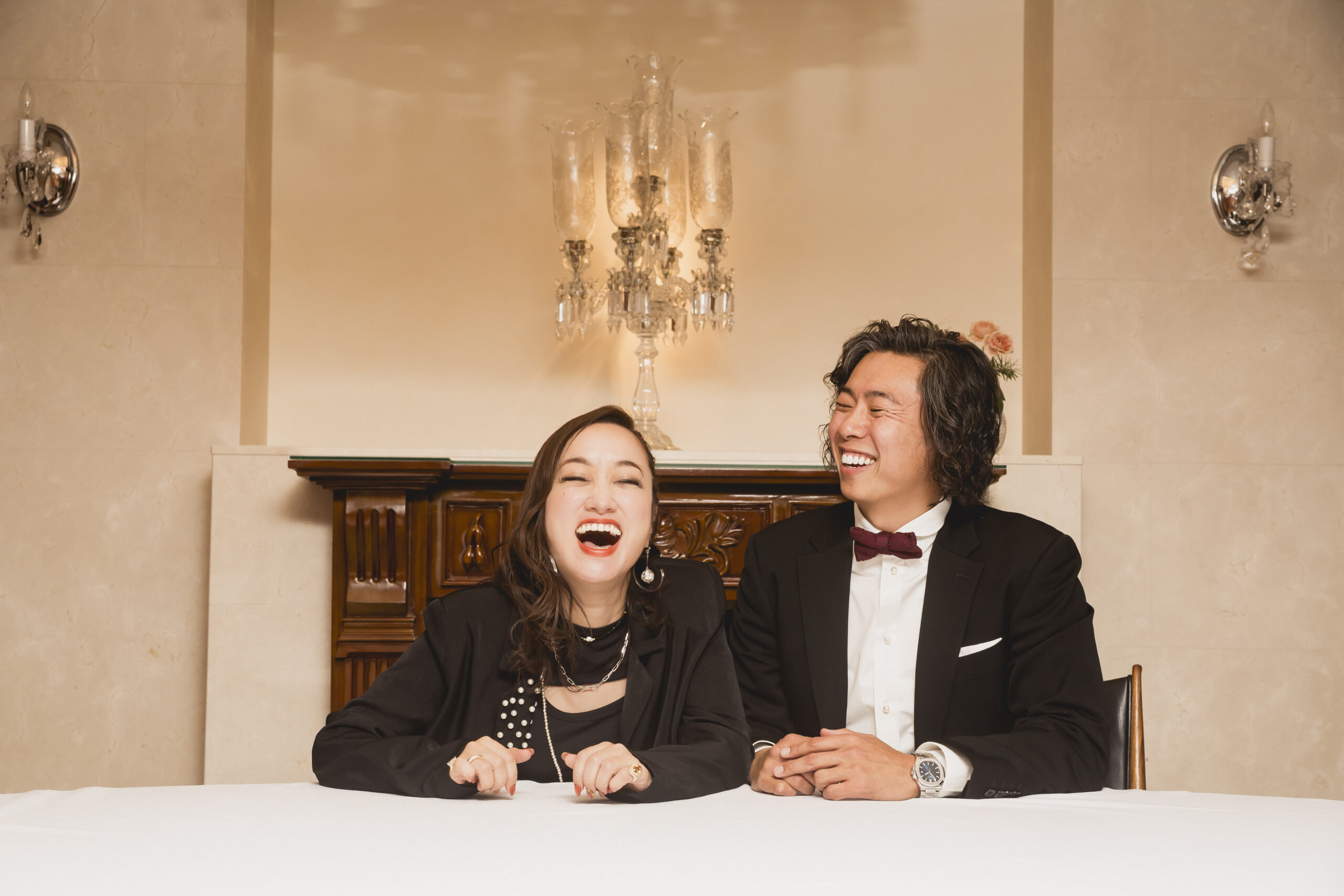
To be honest, when I was asked to do this interview, I worried, “Are you sure you want me?” and “What am I supposed to talk about with such an incredible person?” But once we actually met and started talking, perhaps because we’re of the same generation and share some of the same life views, we found ourselves nodding together without needing much explanation—almost like chatting with an old friend from student days.
I’m not as amazing a person as DK, but I’m the same type as him in the sense that I believe my small struggles can leave some sort of mark. If taking one step forward might change something, then I can’t stand not taking that step. And usually, the moment I do step forward, the ground gets pulled out from under me and I tumble. I’m really not that smart.
Even so, I love believing in the power of human life, the power of words, and the power of will.
When the time comes for me to leave this world, I’d love to look back and see countless failures in my life. That would be proof of repeated challenges. And if among all those, I managed even once to truly make someone happy, that would be the best outcome.
Singer-songwriter lecca
Our project manager said to me, “I think you’ll really like lecca’s song ‘Chikara (Power),’ so please give it a listen.”
When I did, I strongly resonated with it, thinking, “She’s basically turned what I want to say into a song! It’s like my own track (laughs).” After listening to her other songs, I felt a deep connection to her mindset and her message about “taking action,” “doing,” and “not fearing failure but challenging yourself.” I soon found myself wanting to meet her in person and talk.
When I looked at lecca’s expression, I thought she looked similar to me, so I tried putting our faces side by side, and—surprise! (laughs)
When we actually met and spoke, she was even more energetic and straightforward than I’d imagined. Most importantly, there was no falsehood in her words, and each statement carried real weight. I strongly felt that the songs she created—amid all the suffering, conflict, and challenges experienced over her 20-year career—truly represent her way of life.
“The importance of challenging yourself without fearing failure”
“Continuing to push yourself and keep growing”
This interview gave me renewed clarity on why lecca’s music has given courage to so many people. And just like her music, her words in the interview also possess the power to inspire others.
Additionally, my sisters once formed a hip-pop group called「Heartsdales」and belonged to the same agency as lecca, which made me feel an extra sense of familiarity. Because lecca’s music is often playing in my office and is part of my daily life, this interview had a special significance for me. I look forward to seeing what songs she creates next, and what kind of future she envisions beyond her 20th anniversary.
DK Sugiyama, Editor-in-Chief of “My Philosophy”
Special Thanks to Restaurant Hiramatsu Hiroo
Opened in Nishi-Azabu in 1982 under the name “Hiramatsu-tei,” the restaurant moved to Hiroo in 1988 and was renamed “Restaurant Hiramatsu.” Since then, it has built a reputation as a French restaurant where one can savor both tradition and innovation. Executive Chef Hiroyuki Hiramatsu was the first Japanese owner-chef to earn a Michelin star in France. Thanks to its carefully selected ingredients and wines, refined service, and luxurious ambiance, guests can enjoy a truly special moment that seamlessly blends exquisite taste with ultimate comfort.
This is also a personal favorite of Editor-in-Chief DK Sugiyama, who frequently celebrates anniversaries and birthdays here. Special thanks to General Manager Takahiro Goto for his continued hospitality.
Name:Restaurant Hiramatsu Hiroo
Address:5-15-13 Minami-Azabu, Minato-ku, Tokyo
Phone:03-3444-3967
Email:rh@hrl.co.jp
Lunch: 11:30–15:30 (Last Order 14:00)
Dinner: 18:00–23:00 (Last Order 21:30)
Closed: Every Monday (or the following day if Monday is a public holiday)
January 2025, at Restaurant Hiramatsu Hiroo
Interview & Editing: DK Sugiyama
Project Manager: Chiho Ando
lecca’s Managers: Ayaka Kawajiri, Haruka Ichihara
Stylist: Junko Haseo Makeup: Aya Takahashi
Photography: Erina Hamaya Text: Eri Shibata (Deputy Editor-in-Chief, “My Philosophy”)




